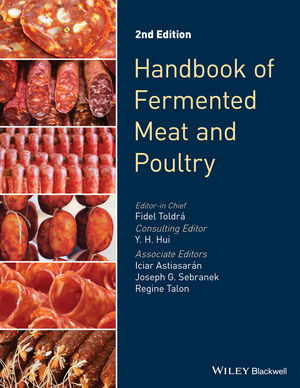After Tyson Foods Inc. announced last week that it would stop purchasing cattle fed with the feed additive Zilmax, drugmaker Merck & Co. announced it would suspend sales of the additive in the United States and Canada.
Chicago Mercantile Exchange cattle futures rose Friday on expectations that a cutback in Zilmax use could trim the supply of beef beginning this fall, although producers said they did not expect major changes, Reuters reports.
Tyson announced the ban after observing that some cattle that were fed the additive, which promotes weight gain in cattle, were having difficulty walking. No other major beef packer joined in the ban, though JBS USA stated that it had noticed similar problems to those cited by Tyson, adding it would continue its current approach of "extensive monitoring" of animals at its plants.
In making the announcement, Merck Animal Health announced it had strengthened its commitment to its Five-Step Approach to Ensuring Responsible Beef. The company, in conjunction with independent experts, will conduct a scientific audit, which will monitor the process of feeding of Zilmax, and will follow identified cattle from the feedyard to the packing plant to determine potential causes of lameness and other mobility issues during feeding, transportation, offloading and staging at the processing facility. We also will do a thorough review of potential compounding factors—such as nutrition, transportation and receiving facilities.
Merck stated that the suspension of Zilmax sales will allow sufficient time for the establishment of valid study protocols, identification of feeders and packers to participate in the audit, and creation of a third-party team to oversee this process and validate its results.
“We remain confident in the safety of the product, based on our own extensive research and that of regulators and academic institutions, and are committed to the well-being of the animals that receive it,” says KJ Varma, BVSc, Ph.D., Diplomate ACVCP, Senior Vice President Global R&D, Merck Animal Health. “This important step demonstrates our commitment to providing our industry partners with data that will reaffirm confidence in Zilmax. We sincerely regret that this situation creates business challenges for our customers but it is critical to ensure that this process is conducted appropriately and with rigorous scientific measures. After the five-step plan is completed, the results will be shared publicly."
Also on Friday, the U.S. Food and Drug Administration said it was working with Merck and the U.S. Department of Agriculture to gather information on Zilmax and determine if it poses a safety issue.
Sources: Reuters, Merck & Co.





.jpg?height=200&t=1666223297&width=200)

